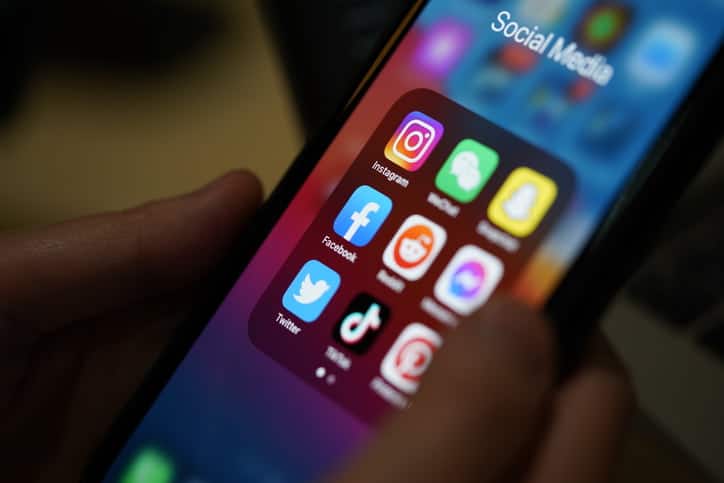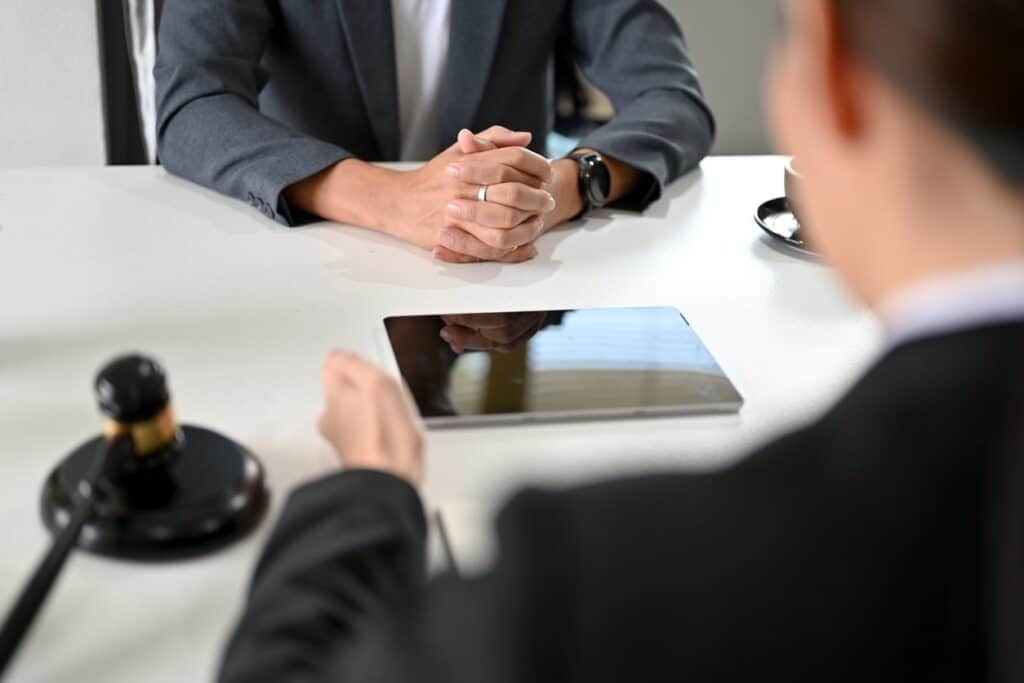The Effects of Social Media on Your Injury Case

From staying in touch with old friends to marketing your business, most Americans find social media entertaining and helpful. Social media sites like Facebook, Twitter, and Instagram help friends, co-workers, and business contacts connect and share information. Even the Florida Supreme Court uses social media to broadcast proceedings and communicate with the public.
When you’re hurt in a personal injury accident, you may wonder how social media may impact your claim. The other side can use things they find on social media to attack your theory of the case. Even when working with a personal injury attorney, the things you say on social media can influence the outcome of your case. It’s important to understand the effects of social media on your Florida personal injury case.
What You Say Is Generally Admissible In Court
There are a couple of reasons that what you say on social media is generally admissible as evidence in your Florida injury case. First, statements made by a party outside of court are usually admissible as evidence. However, the general rule is that what people say outside of court is typically excluded as hearsay.
But Florida Evidence Code Rule 90.803(18) says that statements from either of the parties are an exception. What you say outside of court is called an admission. Whether you make the statement orally or you write it in a social media post, any comment, post, or any kind of expression is fair game in court.
What parties or witnesses say on social media can be admissible in other ways. If a witness testifies in a way that’s inconsistent with what they post on social media, either side may question them about their inconsistent statement. If a party or a witness says or implies something on social media that’s different than what they say in court, the other side can call their testimony into question.
Examples of Problematic Social Media Posts
There are a number of ways that what you post on social media can be a problem. Of course, if you talk about the facts of the case, the other side may want to point out how your statements are inconsistent with what you told police. If you talk about your physical injuries or joke about the court proceedings, you can expect the other side to present the information to the court.
Your social media use might negatively impact your case in ways that you might not have thought of. If you post photos of yourself swimming on vacation, the other side might argue that you’re not telling the truth about a shoulder injury. If you post photos of yourself smiling at parties with friends, the other side might question your pain and suffering. Even without words, the things that you post can call your theory of the case into question. If you post things that are inconsistent with your claims, you may be surprised when the other side asks you to explain your posts.
What If My Posts Are Set to Friends Only?
Some people make the mistake of thinking that if they set their posts to a friends-only status, no one can use their statements against them. They assume that as long as they restrict the post on social media, the other side is restricted in its legal use. That isn’t the case.
In the law, there’s no recognized privilege for something that you say to a friend in a private mode. The Florida Evidence Code acknowledges a privilege for things that you confidentially tell your spouse. There are also other types of privileges for things you tell your lawyer, mental health care providers, and even clergy under some circumstances.
There’s no legal protection for something you say in a private setting on a social media account. Whether you say it by restricting the post to a friends-only setting or you use the application’s features to send a private or group message, there’s no protection whatsoever for something that you communicate via social media. There’s also no privilege for what you send via email even if the other party or their agents are not a recipient of the email.
You can bet that the other side is going to take the time to look at your social media accounts. They may also look at social media accounts from your friends and family. Of course, they may try to take something out of context or not give you the chance to explain why something seems inconsistent with the theory presented in your personal injury claim.
What Should I Do to Use Social Media Responsibly After An Accident?
The best thing to do after a personal injury accident is avoid social media use. The best practice is not to use social media at all. If you use social media, it’s best to avoid comments about personal matters. Avoid photos that show your activities. Avoid talking about how you feel. Don’t discuss factual issues that relate to the accident. Of course, if you’re claiming hand or wrist injuries, any kind of typing may call your case into question.
Always think about how your posts might look to the other side. Imagine a worst-case scenario. If you decide to use social media while your injury case is pending, you’re taking a risk. You may not be able to foresee all of the ways that what you post may be detrimental towards getting a fair recovery in your case.
You should also assume that they’re going to find everything that you post. Even if you set a post to friends only, you may be surprised to learn that one of your friends gave the other side information. You don’t want to find out the hard way that your friends may not really be your friends.
Using Social Media to Your Advantage
Of course, social media can also be an asset to your case. If the other side posts something that contradicts their stance in the case, you can use it against them. The same rules of evidence apply to them.
You should take time to find and read social media accounts for the other parties in involved. It may be worthwhile to check pages for their family and friends as well. Your injury attorney may help you review social media accounts for valuable evidence.
How Can A Personal Injury Lawyer Help?

If you’re hurt in a personal injury accident, the legal team at Jack Bernstein, Injury Attorneys can provide crucial assistance. We have the knowledge and resources to help you get the justice you deserve. Our experts can help review social media accounts for the other party and help you better understand the implications of your own posts.
If you need help with your injury case, call us at (813) 333-6666 or fill out our contact form to schedule your free case evaluation. There is no fee unless we win.
About the Attorney

Jack G. Bernstein, ESQ.
Jack G. Bernstein is a veteran Florida personal injury attorney with over 40 years of experience practicing since 1983, successfully litigating 50,000+ cases spanning car accidents, truck accidents, slip-and-fall accidents, wrongful death and complex personal injury claims. A proud University of Miami School of Law graduate, he holds active membership in the Florida Bar Association and Clearwater Bar Association. Jack delivers relentless, client-first advocacy to maximize compensation and justice in every case.
